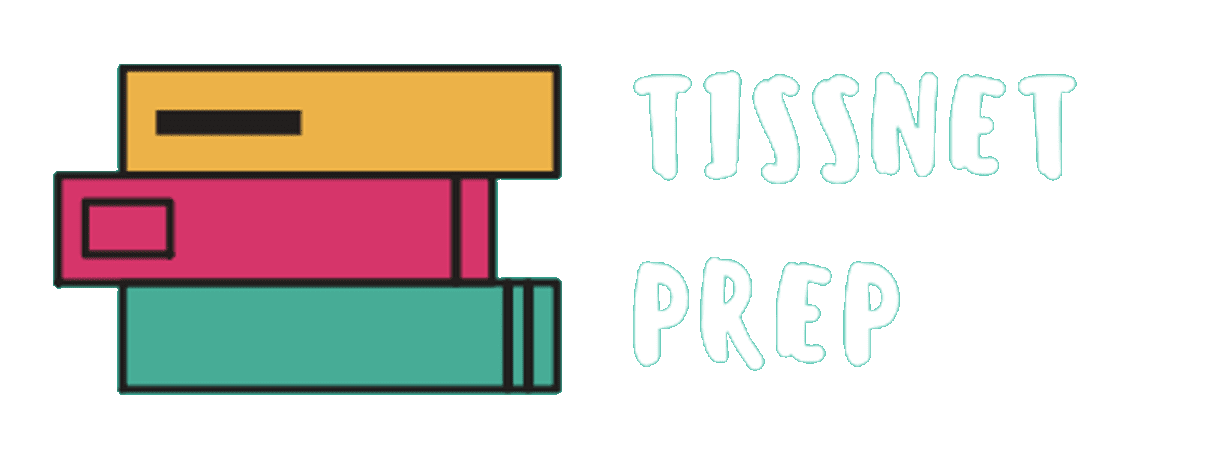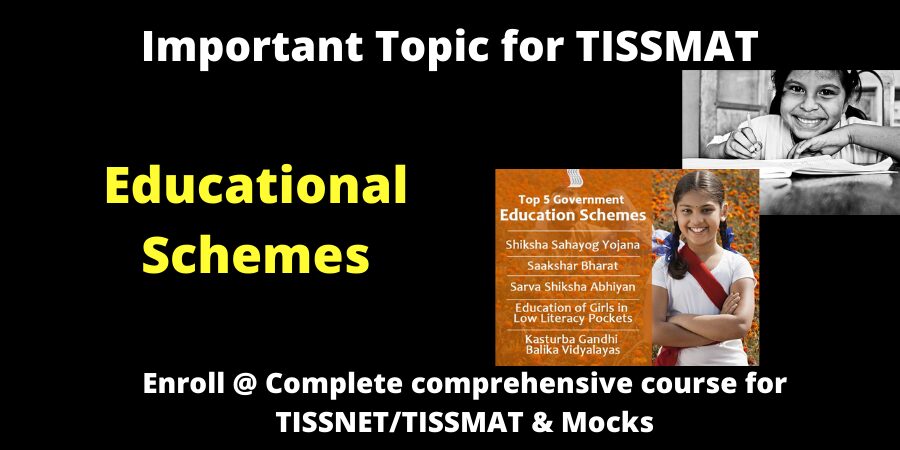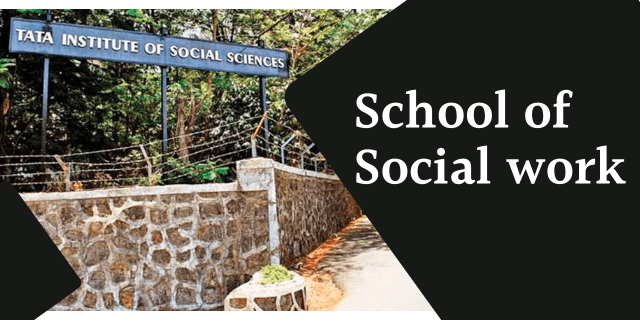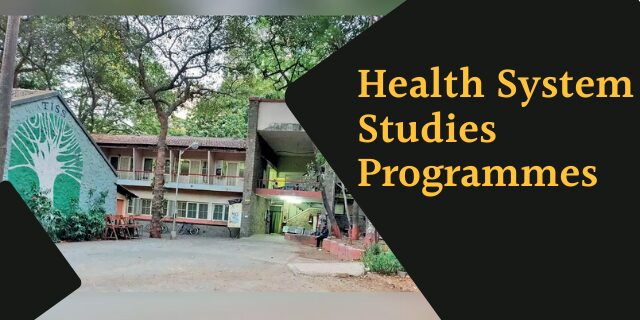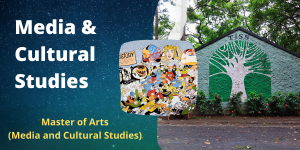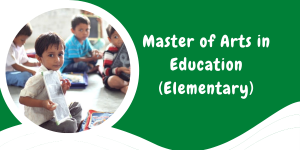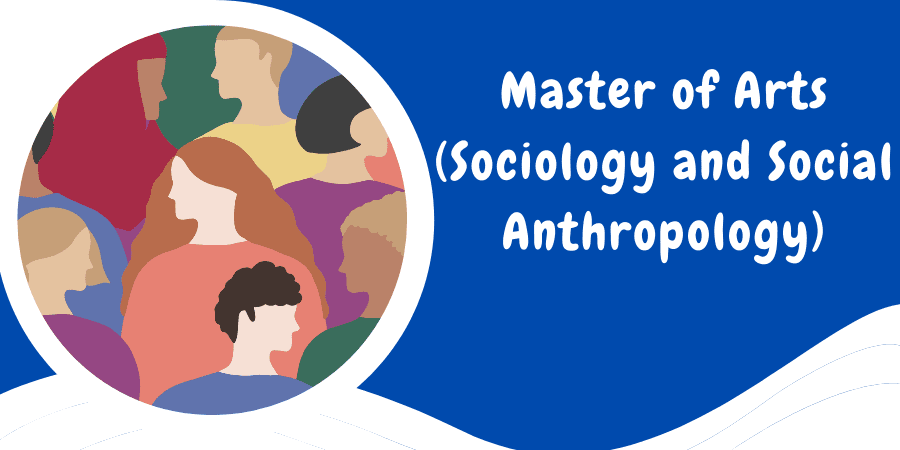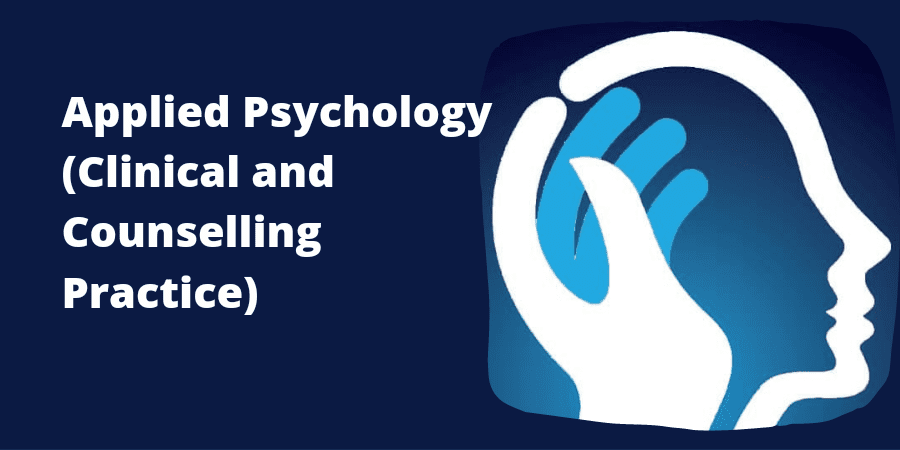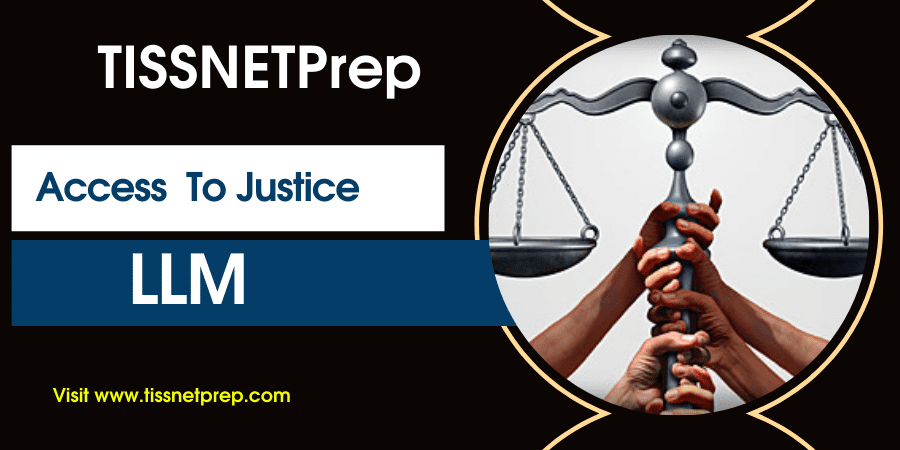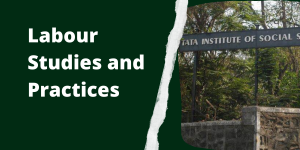Questions on important government schemes in TISSNET are always asked. Here is the list of all such schemes that can be asked in TISSNET GK section.
Education Schemes in India
Sarva Shiksha Abhiyan (SSA)
- Introduced in 2001.
- One of the biggest projects in India
- Flagship program for the children to get Universal Elementary Education (UEE).
- Useful for children between ages of 6-14.
- The program aims to universalise education and improves its quality by time-bound implementation strategy and context-specific planning.
National Program for Education of Girls at Elementary Education (NPEGEL)
- Launched in 2003.
- Aims to reach girls who are not enrolled in schools.
- It is a significant component of Sarva Shiksha Abhiyan (SSA)
- The program provides extra support for improving the education of girls. Some objectives that come under this scheme are the development of learning materials that are gender-sensitive, gender-sensitisation of teachers, provisions like stationary, uniforms, and workbooks.
- The main focus of this program is to break gender stereotypes and to make sure girls get a good education at the elementary level.
Midday Meal Scheme
- Also known as National Programme of Nutritional Support to Primary Education
- Introduced on 15 August 1995.
- The main objective of creating this scheme was to eliminate classroom hunger of children and to increase attendance and enrolment of children at schools.
- Also aims to improve the interaction between children of all castes and religions.
- It also addresses the issue of inadequate and improper nutrition among children. Women are also socially empowered since the scheme creates employment opportunities.
Right to Education (RTE) Act
- Launched on 4 August 2009
- It made education for every child between 6 and 14 years a fundamental right.
- Children got the right to receive free elementary education. This means that no child has to pay any kind of charges or fee to complete education up to elementary level.
- Also aims at the development of a curriculum that makes sure the child receives the benefit of all-round development, building their knowledge, talent, and potential.
- This act has made it compulsory to reserve 25 per cent in private schools for children from economically weaker families.
Beti Bachao, Beti Padhao
- Initiated in 2015 is one of the most famous central government schemes for girl education.
- The main aim of this government scheme was initially to protect girl children from female foeticide and infanticide and later, provide assistance for their education
- Other objectives of the plan include stopping the practice of gender-determination tests and discrimination against girl children.
- This scheme ensures the protection of girls and their survival and makes sure that girls participate in educational activities alongside boys
Kasturba Gandhi Balika Vidyalaya (KGBV)
- Launched in 2004
- This scheme aims at setting up residential schools for girls belonging to minority communities at the upper primary level.
- Provides reservation of 25% to girls from families below the poverty line and the rest 75% to the girls belonging to ST, SC, OBC, and other minority communities.
Saakshar Bharat Mission
- Implemented in 2009.
- Aim- raising the national literacy level to 80 percent.
- Higher concentration was laid on educating adult women so that the gap between rate of literacy for females and males should not be more than 10 percent under the objectives of Saakshar Bharat Mission this is nice approach in context to 2017.
The Rashtriya Madhyamik Shiksha Abhiyan:
- A Centrally sponsored scheme with a funding pattern of 75:25 between Centre and States (90:10 for Special Category and North Eastern States), was launched in 2009–10.
- Major objective – raise the minimum level of education to class X and universalise access to secondary education, ensure good-quality secondary education with focus on Science, Mathematics and English, and reduce the gender, social and regional gaps in enrolments, dropouts and improving retention.
Scheme of ICT @ School:
- The Information and Communication Technology in School Scheme was launched in December 2004 to provide opportunities to secondary stage students to mainly build their capacity of ICT skills and make them learn through computer aided learning process.
- The Scheme provides support to States/Union Territories to establish enabling ICT infrastructure in Government and Government aided secondary and higher secondary schools.
- It also aims to set up Smart schools in KVs and Navodaya Vidyalayas which are pace setting institutions of the Government of India to act as “Technology Demonstrators” and to lead in propagating ICT skills among students of neighbourhood schools.
Eklavya Model Residential Schools (EMRSs):
- These schools are funded by the Government for the welfare of Scheduled Tribes.
- Under this programme State wise allocation to 26 States including 9 Left Wing Extremism (LWE) States is made on the basis of percentage of Scheduled Tribes population in the State with reference to total ST population in the Country.
Operation Blackboard
- Launched in 1987 in pursuance of National Policy of Education—Programme of Action, to provide minimum essential facilities to all primary schools in the country.
- It will provide the following:
1. At least one room for each class/section
2. A Headmaster-cum-office room
3. Separate toilet facilities for girls and boys.
4. Essential teaching-learning equipment including a library
5. At least one teacher for each class/section
6. A contingency grant for replenishment of items, consumable and minor repairs, etc.
Mahila Samakya (MS):
- Launched in 1989.
- It emphasizes on education as an agent of change’ in the status of women.
- The programme was originally started in 10 districts of Karnataka, Gujarat and Uttar Pradesh, with the assistance from The Netherlands, and was later extended to Andhra Pradesh and Kerala.
Check-out Complete Comprehensive course for TISSNET/TISSMAT with 10 Mock Tests
₹4,999
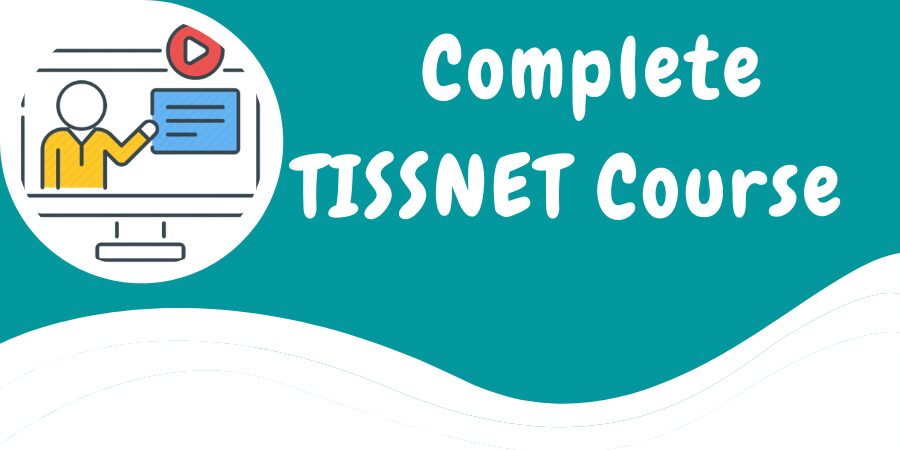
TURBO CUET-PG Course
This course containes complete TISSNET preparation material. It also includes 10 Full-length Mocks of TISSNET.
